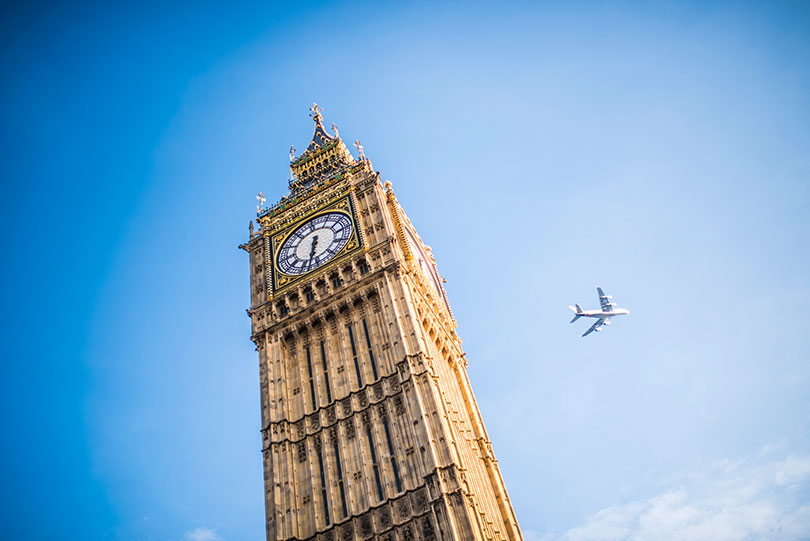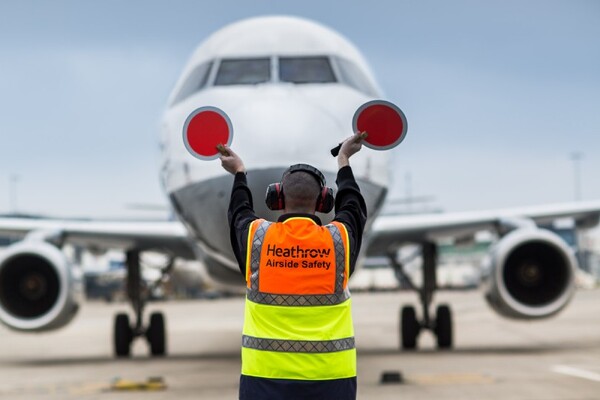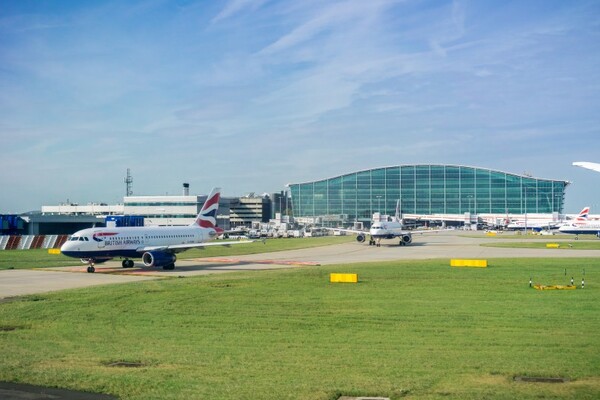The CAA: 'Fit for purpose' says the government – but is it fit for the future?
 Gary Noakes
Gary NoakesThe CAA needs greater powers to hold airlines to account, must speed up its decision-making and deal with customers better, a government-led review has recommended.
A 41-page report from the Public Bodies Review (PBR), published on Monday (17 July), concluded the authority is "fit for purpose", but nonetheless suggests myriad ways the CAA could and should be improved, with the CAA’s limited enforcement powers a big consideration for the PBR.
Responsibility... without power
“There was strong feedback from relevant stakeholders that, due to its current limited powers, the CAA are unable to effectively hold airlines to account," it said.
“There was a view from some consumer groups and some airlines that the behaviour of a few is probably unlawful, and that the CAA relies on competition to address this rather than using its powers to at least ensure compliance with the law.
"Airline stakeholder groups highlighted that the CAA sends out blanket communications about performance issues rather than directly targeting the offenders.”
It recommended “ministerial consideration” for more powers where the CAA “considers that an aviation related business has breached consumer rights law”.
Time of the essence
While the report does not specifically mention Atol and the ongoing efforts to reform the scheme, it did criticise the time the CAA takes to make decisions, often hampered by poor IT systems.
The report said: “Feedback at most meetings with stakeholders included concerns that, other than in straightforward cases... there can be significant delays in getting a final decision.”
It added in some cases this was “a barrier to growth by delaying investment decisions until there is certainty”.
“A number of stakeholders said that there is limited feedback on reasons for delays," read the review. "Most other regulators set clear timetables for the submission of information and receipt of the decision."
The report recommended the CAA produce a new consumer strategy by 30 September, adding work had already started.
Cost cuts and healthy charges vital...
The CAA is currently reviewing its charges, with the report advising these needed to consider how to help to pay for new IT systems. It stressed the CAA should continue to adopt the "user pays" principle, but recommended a simpler charging scheme.
“While some CAA customers, particularly general aviation, would prefer an alternative funding model (for example, government pays), most recognise that the user pays model is appropriate and that it is similar to the funding model of most other UK regulators.”
A 5% cost reduction programme over three years was also suggested. Money saved will help pay for an IT upgrade that will “be the most significant process transformation programme ever carried out by the CAA”.
Savings will be reinvested in services and an inflation minus 1% reduction in charges.
...to fund 10-year IT upgrade backlog
The report slammed the CAA’s outdated IT systems: “Feedback from CAA customers, and agreed by the CAA, is that many processes rely on non-automated and manual processes supported by spreadsheets, PDF forms and other paper-based systems.”
It further warned: “Its IT/digitisation plan at the start of this review assumed it would take 10 years to upgrade the CAA’s IT systems and enable greater digitisation of processes... this has been a consistent theme throughout the stakeholder sessions and was acknowledged in meetings with the CAA.”
The CAA’s website was criticised as outdated despite being “the main hub for aviation data”.
Consumer experience deficit
Another recommendation was to shake up the board: “The current board skills matrix does not include consumer-facing experience or experience and expertise in IT, digitisation and organisational change,” the report said.
It suggested more people from industry are appointed as non-executive directors, particularly those “with significant experience of working in a consumer-facing business and experience in the delivery of significant process transformation programmes”. A deputy chair was also needed, it said.
Growing pains
The CAA must also demonstrate it was facilitating growth, the PBR said. “This was a particularly significant issue for CAA customers using emerging technologies... examples have been given around delays to licensing, approvals and certification, and lack of transparency and clarity about the process, the information required and timelines which causes financial issues for companies.”
The report said the CAA should remain independent of government but recognised the confusion between its role and the Department for Transport (DfT). This will be clarified by 31 March next year following consultation.
Value and accountability
It also recommended the CAA be brought into the Managing Public Money framework to ensure accountability and consistency with other UK regulators.
It said: “It is not apparent why the CAA has not previously been obliged to comply with MPM. This is unusual when compared to other UK regulators, all of whom appear to be obliged to comply with MPM.”
The review, the result of 444 responses to calls for evidence plus meetings with the industry, also recommended the DfT have greater monitoring powers on behalf of taxpayers.
Sign up for weekday travel news and analysis straight to your inbox

Gary Noakes
Supplier Directory
Find contacts for 260+ travel suppliers. Type name, company or destination.














